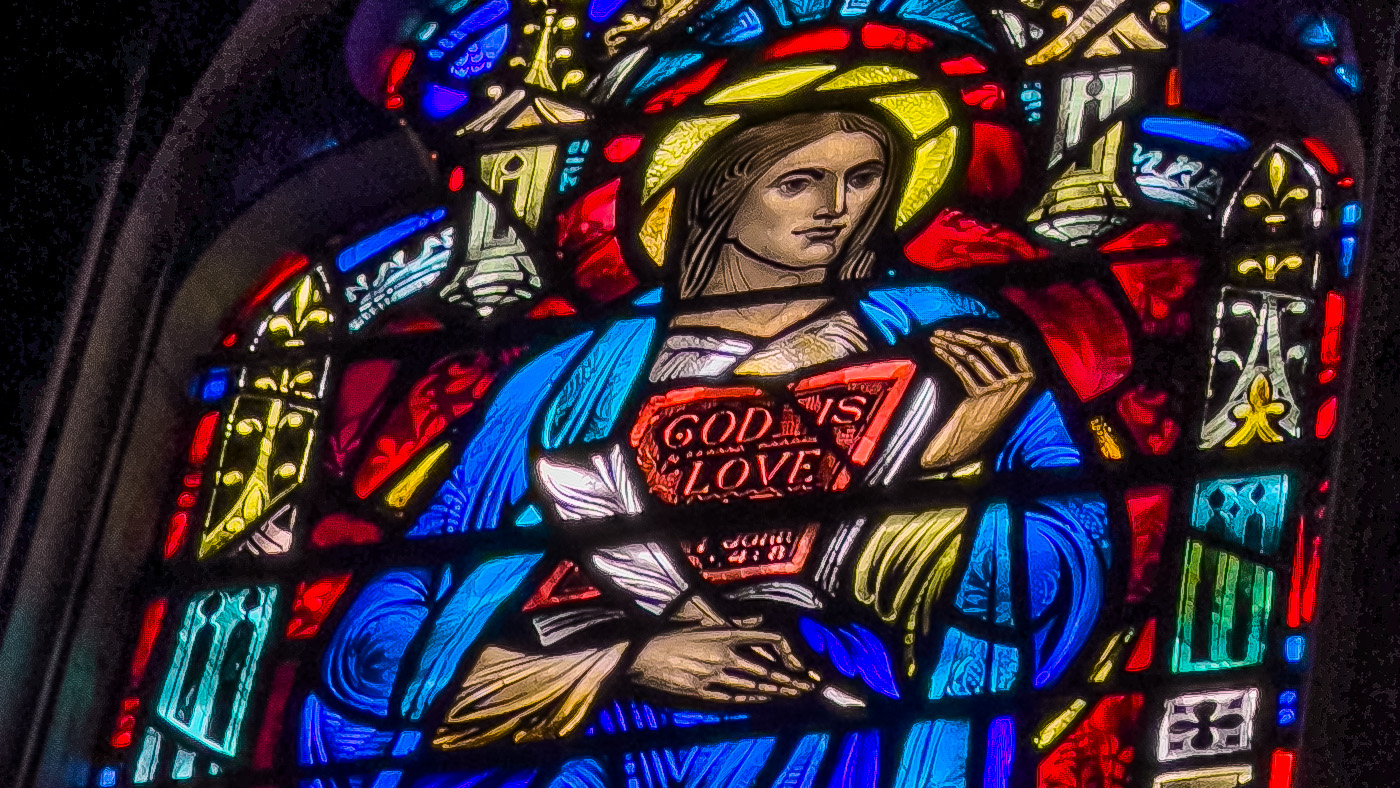My Mom had one brother, Wayne. He was an architect who lived in Albuquerque. I remember him from my early childhood, coming to visit with his first wife Palmyra, who was the coolest woman I have ever met. He was funky, iconoclastic, totally hip. His sideburns would drive my grandma crazy. But everyone loved him.
He and I wrote letters until he died several years ago. We talked about our lives, our hopes, our family. He never had children and I was the oldest niece, so there was a special bond between us, and I know at least some of my progressive worldview was influenced by my admiration for him.
Wayne was recognized by his community for his generosity and good will. He did architectural work for the indigenous communities in New Mexico, and would send pictures of community centers and tribal buildings that he designed. He had a strong commitment to justice and fairness and equity, long before that was recognized as necessary.
So it is interesting to me that the one fight we had was about dropping the bombs on Hiroshima and Nagasaki. I knew Wayne was a veteran of the Korean War, but his politics as he expressed them to me seemed to be nonviolent. However, in a letter I wrote when I was in my 20s, where I criticized the use of nuclear weapons, his response was, so to speak, ballistic. I wasn’t prepared for his criticism of me that came with the letter, vehemently shredding my position.
Things cooled between us for a while. Mutual disappointment that we were too far away to easily repair. He married a second wife that I never really liked, and that also put a damper on things. When he died I represented my side of the family at his funeral, and I was sad for many things. I was surprised to get a call recently from his wife’s sister, informing me she had died and asking if I wanted Wayne’s remaining possessions. In a box she sent I found pictures, some jewelry, and his service flag from the funeral. I knew immediately that I would keep the flag. I sent the rest to my sister. I know what that flag meant to Wayne. He was proud of his service and so am I. We don’t have to agree to share deep appreciation. I will hold up the evidence of his service to our country with gratitude and pride, as he would want me to do.
